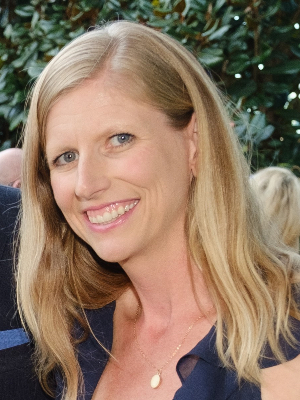
May 6-10, 2024 - Virtual via Zoom
Are you ready to say “bye-bye” to biting behavior in your classroom? Biting is incredibly common in the early years, but it’s very stressful for everyone involved – educators, parents, and children. In this course, you'll gain a deep understanding of the many reasons why young children bite, and you'll learn effective strategies for reducing this behavior. We’ll go over everything you need to know, including sensory strategies like teethers, how to help children manage frustration and big emotions, and how to shadow effectively. You’ll also learn how to communicate with families, so you feel prepared to answer questions from families and confident creating a plan of action for your classroom. Don't miss this opportunity to build your comprehensive toolkit to manage biting incidents and create a safer and more peaceful place for children in your classroom.

Liz has nearly 20 years of professional experience since completing her bachelor’s, master’s and clinical doctoral degrees in occupational therapy at the University of Southern California. She has practiced as an occupational therapist serving children and families through a non-profit community-based mental health agency and served as Assistant Professor of Clinical Occupational Therapy and the Director of Admissions for the Chan Division of Occupational Science & Occupational Therapy at USC. In her current role with IMPACT, Liz creates professional development course content, delivers trainings to early childhood professionals, and supports the team with program and systems development and evaluation.

Kelsey has been in the field of Early Learning for over 15 years. After graduating from Washington State University with her bachelor’s in human development and certification in Early Childhood, Kelsey began her career as an early learning educator supporting infants and toddlers in the foster care system, and born prenatally exposed drugs and alcohol. After 8 years in the classroom, Kelsey went on to receive her endorsement in Infant and Early Childhood Mental Health and transitioned into her current role working with other early learning teachers and administrators supporting children with challenging behaviors and disabilities.